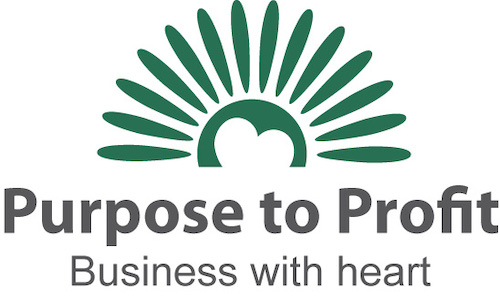The Missing Ingredient

Why do we step back, fail to step up, opt out or cop out?
There is no short simple answer to this. I was recently speaking with a very senior woman in the educational field. She was surprised that women pull back and play small. Her approach is to make solid decisions based on a solid business case and then, instead of seeking permission, she acts first and if necessary asks for forgiveness later. Sadly, her approach is less common.
The majority of women I’ve come across tend to pull back, waiting until they are 100% sure and 100% confident before they’ll put themselves forward.
The challenge is that research repeatedly proves confidence is equated with competence. Hence the power of fake it till you make it. If we don’t feel confident, if we hesitate, our actions can be interpreted as not being sufficiently competent. In turn, that is likely to prove a barrier to opportunities.
Is the problem confidence?
I don’t think so. What I see over and over again is women who are very good at their jobs, who know what needs to be done, who put the work in to achieve the expected outcomes. They are confident in their ability to get their current job done. For some reason, this doesn’t translate for them into the confidence to step into something they haven’t yet done.
The problem isn’t lack of confidence in their capability. The problem lies in how they perceive themselves. Their self-esteem. Many women experience the feeling of not being good enough.
The Imposter Syndrome is all-out the feeling of not being good enough. People who experience it – and that’s around 70% of the population – feel like fakes and frauds and attribute their successes to external factors such as luck or someone’s mistakenly positive view of them. The Imposter Syndrome is very similar to low self-esteem.
Self-esteem impacts self-confidence.
The reverse is not true.
If we have healthy self-esteem – we believe we are worthy and worthwhile human beings who add value to the world and to our work environment. When we are given a new opportunity, our belief that we are worthwhile human beings who add value will enable us to feel comfortable admitting we may not know how to do the job yet. However, we have been in situations before where we didn’t know how to do something and handled it well. Our self-esteem translates into confidence that we will be able to handle the new assignment.
However, if we don’t have self-esteem, we are unable to cross-contextualise our confidence.
The missing ingredient is self-esteem.
What stands in the way of achieving healthy self-esteem is the Imposter Syndrome.

